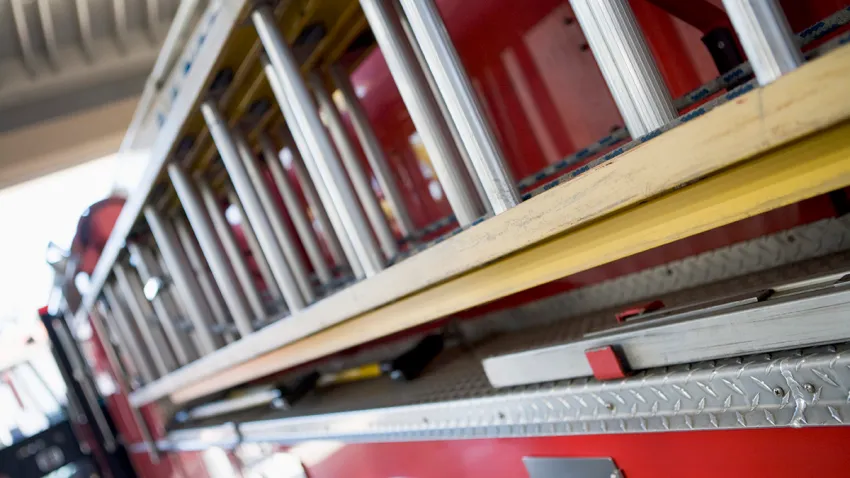

The Latest
-

Thursday is last dry day as wet weather set to make return
We’re tracking more wet weather on the way. Thursday is the last dry day.
-

Teacher arrested on serious charges no longer employed by Needham schools
Michael Ciccolella, an Ashland resident and Needham middle school teacher, was arrested March 6 on charges of possessing child pornography, distributing obscene material and distributing material depicting a nude child
-

Celtics post best road record in franchise's history
The Celtics have cemented themselves as one of the best road teams in NBA history.
-

Tariff pause offers little relief, Mass. business leaders say
Tariff pause offers little relief, Mass. business leaders say
-

Worried about tariffs and prices? Do this instead of panic buying, expert says
The fear of tariffs means millions of Americans might be tempted to stock up on certain goods before prices begin to rise. But, experts warn, don’t rush into panic buying.
-

How tariff turmoil is affecting housing and construction in Mass.
President Donald Trump’s pause on most of the sweeping tariffs he announced sent the stock market soaring after days of losses, but Massachusetts’ construction and real estate sectors are feeling the effects of the turbulence
-

‘You shouldn't avoid conflict,' Tania Fernandes Anderson says as she returns to Boston City Hall
Boston City Councilor Tania Fernandes Anderson returned to work one day after announcing she would plead guilty to federal corruption charges and resign from her position
-

Pass-catchers who make sense for Patriots on Day 2-3 of 2025 NFL Draft
If the Patriots don’t take a WR or TE in the first round of the 2025 NFL Draft, these players might interest them on Day 2 and Day 3.
-

Celtics-Magic recap: Short-handed C's fall in final road game
The undermanned Celtics didn’t have enough firepower to keep up with the Magic as they fell in Wednesday’s matchup, 96-76.
-

WATCH: Bill Belichick mic'd up at UNC football practice
Legendary Patriots head coach Bill Belichick was mic’d up as he led practice for the North Carolina Tar Heels.
-

Herb Chambers to pay $11.8M to settle PPP fraud allegations
Longtime car dealership owner Herbert G. Chambers, several of his companies and another executive at the company have agreed to pay $11.8 million to resolve allegations that the companies falsely certified their eligibility for Paycheck Protection Program (PPP) loans.
-

Student stabbed outside Brockton middle school
A student was stabbed outside a middle school in Brockton, Massachusetts, on Wednesday afternoon, according to police and school officials. Brockton police said they responded to the Plouffe Middle School on Crescent Street around 2:30 p.m. and are currently investigating a fight between students outside the school that resulted in one student sust... -

Supreme Court allows Karen Read retrial to start amid her double jeopardy appeal
The Supreme Court has declined to stop Karen Read’s retrial from getting underway before considering her appeal.









